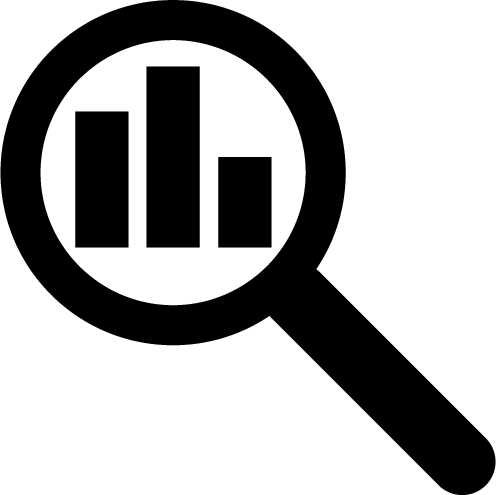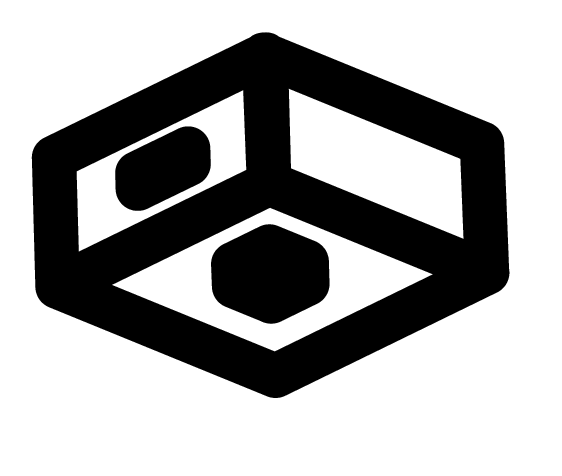Microsoft’s Acquisition Of Nuance Reaffirms Its Interest In Dominating The $11+ Trillion Healthcare Market
One of the largest global market sectors is healthcare, expected to be valued at more than $11 trillion by 2022. The growth in healthcare continues to be tremendous, especially as new innovation is increasingly being embraced by the field. Ranging from digital health, to artificial intelligence, data-driven care models, and novel ways to improve care access, healthcare innovation is transforming at a rapid pace.
Microsoft continues to forge its path within healthcare, with a reaffirmed commitment to expanding its offerings of impactful and meaningful technology and services within the industry.
The latest of these ventures by Microsoft was announced earlier this month when it confirmed that it will proceed with an acquisition of Nuance Communications, “a trusted cloud and AI software leader representing decades of accumulated healthcare and enterprise AI experience.” The purchase has been valued an astounding $19.7 billion dollars.
Microsoft describes this venture as a part of its larger “Microsoft Cloud for Healthcare” infrastructure and strategy. Specifically, it describes Nuance as “a pioneer and a leading provider of conversational AI and cloud-based ambient clinical intelligence for healthcare providers. Nuance’s products include the Dragon Ambient eXperience, Dragon Medical One and PowerScribe One for radiology reporting, all leading clinical speech recognition SaaS offerings built on Microsoft Azure. Nuance’s solutions work seamlessly with core healthcare systems, including longstanding relationships with Electronic Health Records (EHRs), to alleviate the burden of clinical documentation and empower providers to deliver better patient experiences. Nuance solutions are currently used by more than 55% of physicians and 75% of radiologists in the U.S., and used in 77% of U.S. hospitals.”
Indeed, at many hospitals, clinics, and other patient-care settings throughout the US, one can often find physicians speaking into their phones or into a mic in-between patient appointments/encounters. This process is how many physicians dictate their patient and clinical notes—by using software services that will transcribe their speech into written notes in the electronic health record (EHR) system. Among these speech recognition systems, the “Dragon” platform is a relatively widely-used product.
The impact of this technology is revolutionary.
A patient’s chart is a master record of what happens to a patient during a healthcare visit or stay—what medications they are on, what interventions the healthcare team took, etc., all recorded in one location in the EHR system. Interestingly, however, if one was to ask almost any physician in a modern healthcare setting what one of the most difficult aspects of their job is, among the most frequently heard answers would be “charting and documentation.” This is because charting patient notes is an extremely important, yet challenging process.
In fact, a recent study found “more than 64 percent of physicians who used EHRs agreeing or strongly agreeing that they add to one's daily frustration level. More than 46 percent reported having insufficient time for documentation, and nearly 40 percent spent moderately high or excessive time on EHRs at home.” For many physicians, after enduring numerous long and tiresome years in training to become experts in their medical field, spending time in front of a computer, and not in front of a patient, is a large source of dissatisfaction.
Platforms that make this documentation process easier and can seamlessly integrate into existing EHR systems are revolutionary in this regard, granting physicians their most important asset in practicing medicine: time.
Satya Nadella, CEO of Microsoft, commented on Nuance’s potential impact in healthcare, especially with regards to artificial intelligence (AI): “Nuance provides the AI layer at the healthcare point of delivery and is a pioneer in the real-world application of enterprise AI […] AI is technology’s most important priority, and healthcare is its most urgent application. Together, with our partner ecosystem, we will put advanced AI solutions into the hands of professionals everywhere to drive better decision-making and create more meaningful connections, as we accelerate growth of Microsoft Cloud for Healthcare and Nuance.”
The press release also mentions that “Beyond healthcare, Nuance provides AI expertise and customer engagement solutions across Interactive Voice Response (IVR), virtual assistants, and digital and biometric solutions to companies around the world across all industries. This expertise will come together with the breadth and depth of Microsoft’s cloud, including Azure, Teams, and Dynamics 365, to deliver next-generation customer engagement and security solutions.”
Indeed, the acquisition seems exceedingly appropriate, especially at a time when larger healthcare systems are seeking innovative and scalable methods to increase efficiency and productivity.
The acquisition is also well aligned with Microsoft’s general agenda of aggressive expansion into healthcare. Earlier this year, I wrote about Microsoft’s broader ambitions in embracing its revolutionary services offerings and infrastructure to expand into healthcare, as well as its recently announced Holoportation and Mixed Reality Platform, Microsoft Mesh, which may equally disrupt healthcare.
Given Microsoft’s vast global presence and incredible amount of resources and talent, one thing is certain—its ventures will undoubtedly continue to significantly impact healthcare in the years to come.
The content of this article is not implied to be and should not be relied on or substituted for professional medical advice, diagnosis, or treatment by any means, and is not written or intended as such. This content is for information and news purposes only. Consult with a trained medical professional for medical advice.

 Attendees
Attendees
 Sponsors and Exhibitors
Sponsors and Exhibitors
 AI In Healthcare: A Virtual Course
AI In Healthcare: A Virtual Course
 Contact us
Contact us